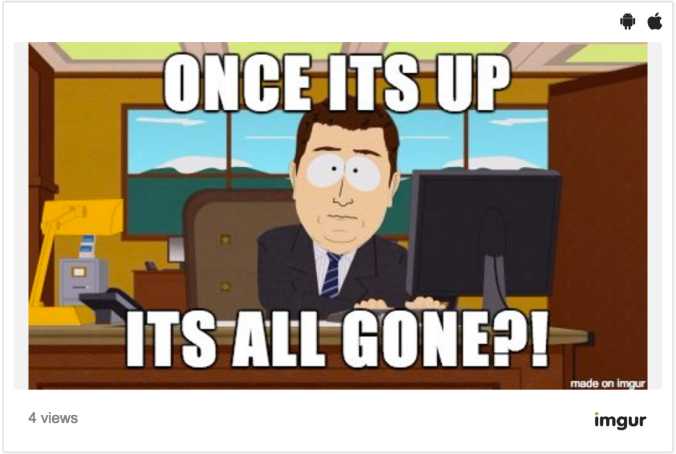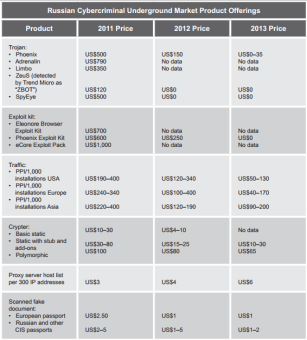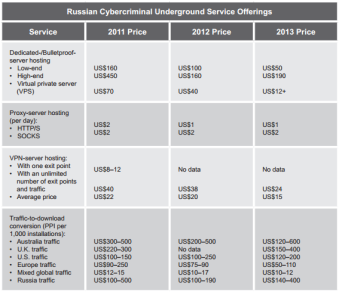
I think it’s safe to say, we all hold false hope when it comes to being online in this day and age. Our parents constantly fear for us being online as frequently as we are, but it is as if we have been whitewashed into believing that the Internet is somewhat of a safe place where we can place all our details and our darkest secrets in a weird hope that no one will ever think to hack and take the information to use against us. Believing there is no dark side to the Internet.
But that’s were we are wrong, this weeks topic showcases the other side of the Internet, dark fibre referred to as the unused or ‘dark’ network infrastructure. The ‘dark fibre’ movement looks at the worst of the Internet, a movement involving hackers, botnets and cyberwar.
This does sound like it couldn’t be real, but the reality of it is, as the world has changed and the digital world has grown we’ve witnessed the rise in hacktivism take over. We’ve seen Edward Snowden, Julian Assange and the group Anonymous take over as they do their bit to help protect the public by releasing classified documents.
However, it is not just people who are linked closely to the government who can take this power into their own. People using botnets and other tools for hacking, which can be purchased are able to use it on everyday people, gaining personal information and using it against them without permission. Buying these products are not expensive at all and can be obtained with ease.


Much like anything else, the Internet is a scary place and must be used with caution. So the next time you place your personal details on the net, think twice about whether it is really necessary.
This is a serious issue! Especially with the younger and more elderly generation- I feel like the 90’s generation have become weary of things like this since we grew up when hacking was like, starting to become an issue. It’s scary how easy it is to access this sort of power.
Did you see the recent WikiLeak where Hilary Clinton was found to be funding ISIS? I think it’s really interesting to analyse the positive and negative effects of hacking.
On one hand, its a violation of privacy – but sometimes isn’t it also necessary to be fully informed? I think there are positives and negatives to this hacking culture.
LikeLike
Just a quick spelling mistake, in your second last paragraph you wrote ‘bontents’ but I think you meant to write botnets. Your post was focused on the dark side of the net and it’s important to keep users aware of the dangers, but I feel that you should also include other ways in which users can actively protect themselves from hackers since we are simply coming to the point where we have no choice but to place our personal information online. Whether it’s banking, Opal cards, or even our tax, we’re all being lead to a tech-based reliance so rather than steering clearing away from it, users must be taught how to protect your information online. Here’s an article that lists a few possibilities: http://www.businessinsider.com/7-hacking-protection-steps-2016-2/?r=AU&IR=T
LikeLike
It is crazy to think that there is this hidden layer to the internet that most of us don’t even know how to access. Sometimes I wish I knew how to hack so I could look around the dark web but after watching some creepy videos about the things people have found on there, it makes me think maybe I am safer on the surface level of the web. Although it would be cool to have the option to delve into the depths every once an a while, I guess its the cliche of curiosity killing the cat.
Here is a video I watched that made me feel uneasy, not sure how true it is, I think it is just a creepy pasta but it makes me wonder if this kind of stuff is actually out there. I know human traffic sites exit which is also very scary.
LikeLike
Hi Binaisha!
You raise alarming factors regarding Dark Fibre and how easily notions that contribute are widely accessible to the public. What is happening that oppose these forces? This source outlines what is has been done to counteract sectors of such a movement, but may be only seen to have scratched the surface of this immense network [ http://www.bbc.com/news/technology-29950946 ]. Thanks for sharing!
– Sonny
LikeLike
Your blog post gives a little sneak peak into the world of cyberwar and botnets and the dark web, however, I feel like you’re re-wording the lecture. I would have liked to have seen a specific example to elaborate on the point where you talk about Snowden and Assange releasing classified documents. You could use this example of the US military who used sock puppets to enforce pro-America conversations online. Check out further info on this here: http://www.huffingtonpost.com.au/entry/online-persona-management_n_837153 Adding a specific example like this will make your blog post more focused where you can explore something we as the audience might not already know.
LikeLike
I liked what you said at the end of your post, but what is really necessary online? How do we know how much information we should be posting, if any at all. As all information can be found on the internet in one way or another, why do people still use the internet as a medium? Why not go back to legacy media if our freedom of posting safely online is gone? I believe it is that the internet has become a manifestation of too much freedom, in the way, that people can access anyone’s information online. The fact that someone could hack into my google account and access my search history truly is my worst nightmare and the fact it could be anyone (including my mum) who can purchase such a service is frightening. There’s even guides on how to make your own! (http://readwrite.com/2013/07/31/how-to-build-a-botnet-in-15-minutes/) The internet has become a place where the millions of copies can be condensed in some ways, by pin pointing individuals or companies information. The notion of safety on the internet is gone and we still invest in this medium and believe in its capabilities because it has supplied us with this idea of ‘freedom’, but if I am worried that what I post on facebook might be shared with millions of people, is that really freedom?
Great post as always 🙂
~ krisesandchrosses ~
LikeLike
Great post! gives an in depth insight into the world of cyberwar and botnets, and the darker side of the web not everyone is exposed to. Really makes one evaluate how we use the web, the information we provide about ourselves, how we interact with what we come across in the web, all of which are never completely safe due to the presence of hacking.
LikeLike
Moshi Moshi, Nice post! however it did sound like you were trying to scare the crap out of your readers. Although you do bring up a good point about how it could happen to all of us. I never really think about the fact that everyone has the potential to access my information and maybe i should, and maybe i should change all my passwords to different passwords, instead of them all being the same one. It’s a serious topic and its hard to make fun of or talk about it in a light hearted way, but maybe adding an extra meme or something would lighten it up a bit. Otherwise an excellent post, very informative.
LikeLike
Great post, giving a brief but detailed insight into Dark Fibre. To improve you could include some sources and links.
LikeLike
Hey girl,
Interesting read.. the internet is a dangerous domain. Its pretty scary to think how people can access our information so freely and quickly! I do believe you should have focused on a hacking situation to provide further insight into the topic and also to portray your personal opinion on the matter further. An interesting topic of discussion which relates quiet nicely to what you have written about could be the downfall of the Australian government website on census night 🙂 Here is an article to provide you with some background and hopefully inspiration. http://www.news.com.au/technology/online/hacking/census-hacked-website-for-australian-census-2016-attacked-abs-says/news-story/58667490f31100f64d68f1510d43c239
A topic you could draw from this is how the government is trying to downplay what occurred to make it out like we are safe online.
LikeLike